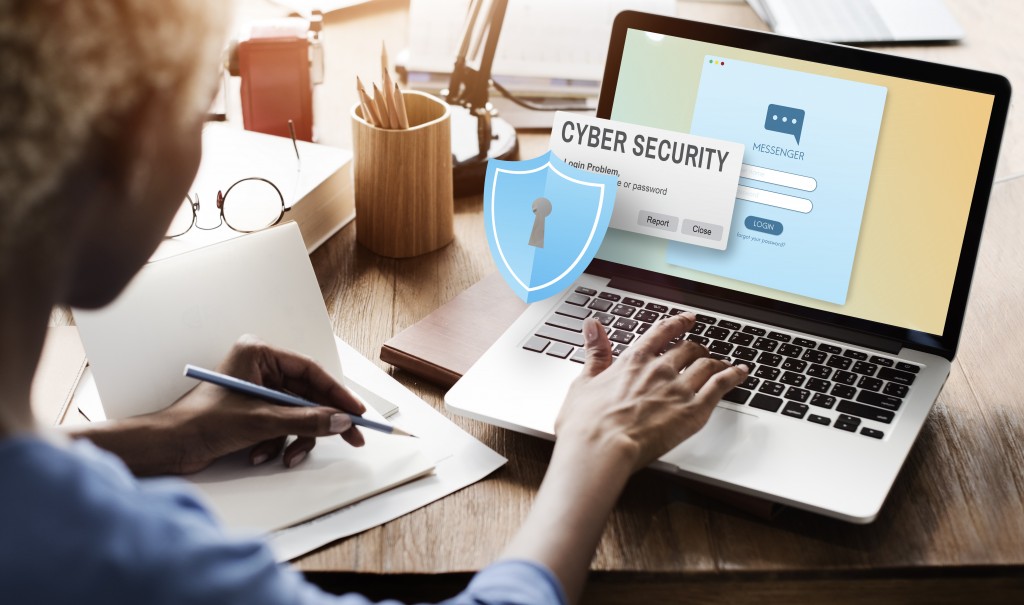Businesspeople and small entrepreneurs are flocking online to set up their own e-commerce sites. After all, it is the best way to reach consumers who are always glued to their smartphones and tablet computers. Their e-commerce site is their shop or store online. And just like in the real world, online stores are also susceptible to fraudsters, hackers, and scammers.
You may be spending some money on retouching services for your online jewelry shop or rebuilding the UX of your website. Or you might be even spending on a social media campaign in an attempt to you’re your brand classy and prestigious. However, you also need to invest in strengthening the security infrastructure of your website. If you are looking to do this, here are some things that you may want to keep in mind:
Use a verified platform
While many businesspeople build their e-commerce sites from the ground up, small businesses may go for e-commerce platforms, as website-building is much more manageable, and the costs are lower. However, be careful when choosing a platform. Only go for an e-commerce platform brand that has a reputation for safety and security. More importantly, reputable e-commerce platforms have developers and experts that know how to combat hacking attempts.
Go for SSL encryption

The privacy and safety of your e-commerce website are of paramount importance, so make sure that you use HTTP with SSL or Secure Sockets Layer. That will turn your HTTP into HTTPS. This format makes sure that all data and information passed between servers and browsers are all private. SSLs are integral in making sure that sensitive data, such as financial information, passwords, and the like, have a blanket or cover of protection, thus giving your shoppers a considerable amount of assurance.
Ask customer verification
A lot of e-commerce platforms usually ask for their customers’ card details, such as card number and the card’s expiry date, to complete the transaction. But you need to make sure that these details are being used by the real owner. That is where security measures, such as two-factor authentication comes in. In this mode, the platform will send the customer a passcode or a detail that they will key into the website to complete the purchase. It is worth finding out if your payment gateways offer this kind of security measure.
Test your website
So how do you know if your website is safe? You test it! Testing your website protection parameters will allow you to expose other vulnerabilities that you have not explored previously. Try hacking your website and find rooms for breaches. In this regard, the help of an IT specialist or a developer or consultant may be necessary.
Keep things safe!
When it comes to operating e-commerce sites, keep in mind that you are not just trying to protect your business. You are trying to keep safe the personal details of your customers. They have entrusted you with valuable information, and only makes sense that you do your best to protect them!

